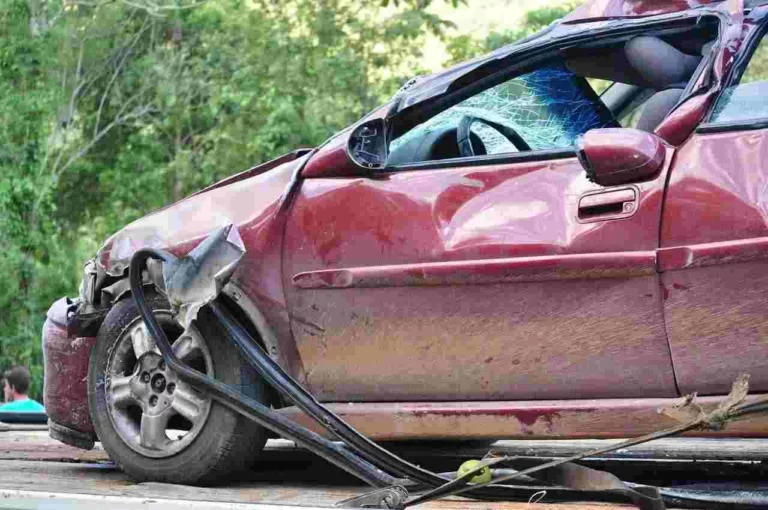How to Prove Distracted Driving in Car Accident Claims in West Palm Beach

Distracted driving remains a significant cause of car accidents in West Palm Beach. Proving that distraction was a factor in a car accident can be challenging, but it’s essential for securing fair compensation. This post outlines the steps and evidence needed to establish distracted driving in your car accident claim.
Types of Distractions
Distracted driving can be categorized into three main types:
- Visual Distractions: Taking your eyes off the road, such as when looking at a phone or GPS.
- Manual Distractions: Taking your hands off the wheel, such as when texting or adjusting controls.
- Cognitive Distractions: Losing focus on driving due to mental preoccupation, such as when engaged in a conversation or daydreaming.
Understanding these categories helps in identifying the type of distraction that may have caused the accident.
Gathering Evidence
- Cell Phone Records: One of the most direct ways to prove distracted driving is through cell phone records. If you suspect that the other driver was texting or using their phone, obtaining their phone records can show whether they were actively using their phone around the time of the accident.
- Witness Testimonies: Eyewitnesses can provide valuable information about the driver’s behavior before the accident. Witnesses might have seen the driver using their phone or engaging in other distracting activities. Collecting contact information from witnesses and obtaining their statements can support your claim.
- Traffic Camera Footage: In some cases, traffic cameras or surveillance cameras from nearby businesses might capture the incident. Reviewing this footage can reveal whether the driver was distracted prior to the accident.
- Vehicle Black Box Data: Modern vehicles often have Event Data Recorders (EDRs) that record driving behavior. While not always directly indicative of distraction, this data can provide context about the driver’s actions leading up to the accident.
- Police Reports: Police reports may contain observations about the driver’s behavior and any evidence of distraction. Officers might note signs of impairment or distraction, which can be useful in your claim.
- Driver’s Behavior: Post-accident behavior of the driver, such as admissions of guilt or contradictory statements, can also provide evidence of distraction. For instance, if the driver admits to using their phone just before the crash, this can strengthen your case.
Legal Steps
- Consult an Attorney: Proving distracted driving often requires a thorough investigation and legal expertise. An attorney specializing in personal injury can help gather evidence, work with experts, and build a strong case.
- Request Discovery: In some cases, your attorney can request information from the defendant, such as phone records or data from onboard systems, through the legal discovery process. This process can be crucial for obtaining evidence of distraction.
- Prepare for Depositions: During the legal process, you may need to participate in depositions where you answer questions about the accident. Your attorney will guide you in preparing for these depositions to ensure that your statements support your claim.
Legal Considerations
- Proving Negligence: To succeed in a distracted driving claim, you need to establish that the driver’s distraction was a direct cause of the accident. This involves showing that the distraction breached the driver’s duty of care and led to your damages.
- Comparative Negligence: Florida’s comparative negligence rule means that if you are found partially at fault, your compensation may be reduced proportionally. It’s important to address any potential claims of shared fault with your attorney.
Conclusion
Proving distracted driving in car accident claims requires a careful collection of evidence and legal strategy. By obtaining cell phone records, witness testimonies, and other relevant information, you can build a compelling case. Working with an experienced personal injury attorney can help navigate the complexities of your claim and increase the likelihood of a favorable outcome.

 Call Us Today - It's Free
Call Us Today - It's Free